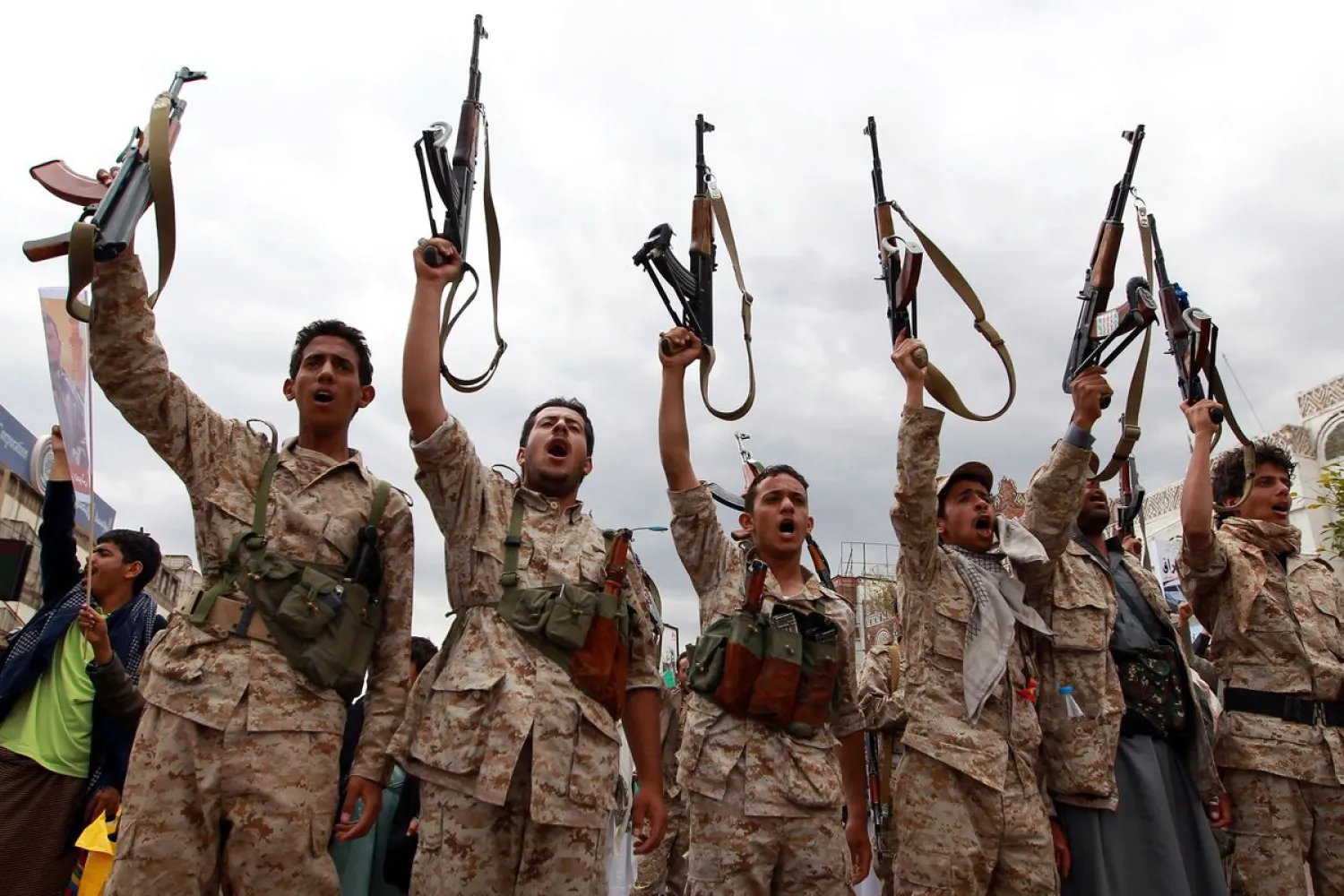Yemen’s Armed Forces on Tuesday advanced in the province of Saada, tightening their grip on rebel militias’ main stronghold.
The Yemeni army, supported by Arab coalition jets, surprised militias by opening a new front in Saada and by succeeding for the first time in liberating strategic positions in several areas in Razeh district.
Military sources said that government forces were able to liberate a mountain range and positions located in Razeh after fierce confrontations with Houthi rebels.
The sources added that the Yemeni forces are now four kilometers away from the district’s center.
At the political level, Yemeni Prime Minister Ahmed bin Dagher met on Tuesday with the new governor of Taiz, Amin Mahmoud.
They discussed the security, administrative and humanitarian situation in Taiz, in addition to the operation aimed at completing the liberation of remaining areas in the governorate, official government sources said.
Bin Dagher condemned the immense violations committed by “Iranian rebel militias” against the people of Taiz.
The Prime Minister said the insurgents were using their war on Yemen to destroy the country’s infrastructure, kill its children and women and target public and private businesses.
“The complete liberation of Taiz remains an utmost priority,” he added.
Separately, Houthi militias on Tuesday anticipated the Yemeni parliament session to be held in the city of Aden next month, by announcing that the rebel’s “council” in Sana’a will resume holding its sessions on Saturday under the chairmanship of Yahya al-Rai.
The council meeting is part of the militias’ continuous attempts to impose pro-Houthi versions of Yemeni legitimate institutions.
Last Sunday, bin Daghr said that the Yemeni Parliament would hold a session next month in Aden to approve the budget and reorganize the legislative branch in the country.









